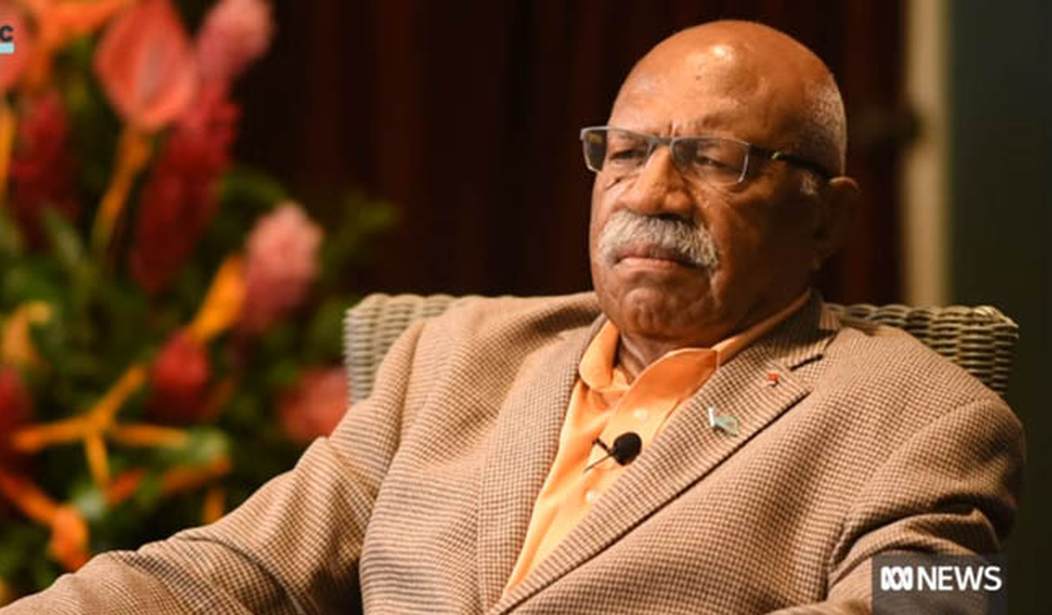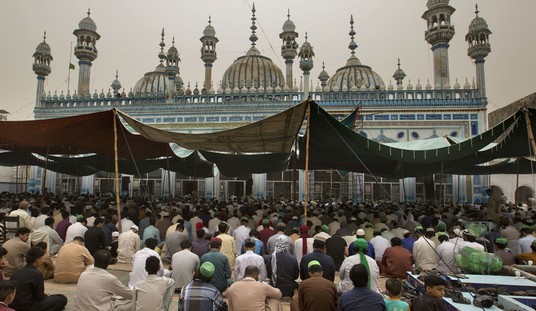The Washington Post published an excellent story today about the nation of Fiji and how China spent more than a decade trying to co-opt their police force. Fiji has a population in excess of 900,000 people and has a national police force. In 2011, China and Fiji signed a memorandum of understanding (MOU) which created direct cooperation between China’s police force and Fiji’s police. The agreement created an ongoing exchange of officers that lasted for more than a decade.
More than 100 Fijian police officers would train or study in cities across China. Almost two dozen Chinese officers would make the opposite journey, embedding in the Fijian police force for months at a time.
The police agreement provided a blueprint for China to grow its security presence 5,600 miles away in Fiji — from the soft power of people-to-people exchanges to the hard power of arrests, extrajudicial deportations and the transfer of high-tech equipment such as closed-circuit cameras, surveillance gear and drones.
The author spoke to one of the police officers from Fiji who was offered an expenses-paid trip to China where he received training and upon returning home would be given a raise and could be expected to be first in line for future promotions. Meanwhile, China was also sending its officers to Fiji and separately approving loans for infrastructure projects including roads, bridges and even a hospital.
But all of this largesse came at a price. In 2017 when a group of Chinese nationals were suspected of running scams from Fiji, China simply sent officers who took over the investigation:
“Everything was done by them,” said a former Fijian police officer who was in the Suva headquarters at the time, speaking on the condition of anonymity because he was not authorized to comment publicly. “Fiji police was only there to assist in the arrest, nothing else. All the statements, recordings and the uplifting of all exhibits was done by the Chinese.”…
Weeks after the initial four landed in Fiji, scores more Chinese police officers arrived on the island, and 77 suspects, many of them young women, were marched in handcuffs and hoods across the tarmac at a local airport before being flown to China. None was given an extradition hearing. There was no proper documentation, no Interpol involvement, the former Fijian officer said.
“They just came in and did what they wanted,” added another, more senior former officer…
“We didn’t even know there was an agreement,” Aman Ravindra-Singh, a lawyer who was one of the few public figures in Fiji to speak out against the arrests at the time, said of the memorandum. “The next thing we knew, there were knocks on people’s doors in [the city of] Nadi and there were Chinese people in full uniform arresting people. It was unheard of. It’s almost like we were invaded.”
As the story frames it, the incident in 2017 was the start of a backlash as people in Fiji began to realize the control China now exerted on the island. It eventually brought the rule of Prime Minister Frank Bainimarama to an end. The new prime minister, Sitiveni Rabuka ran on a platform of creating a bit more distance from China and a bit more friendship with the US and Australia. Rabuka has since announced the MOU with China is being reconsidered.
Prime Minister Sitiveni Rabuka said Fiji was reviewing a contentious police cooperation agreement it signed with China in 2011 that has allowed Chinese police officers to be stationed in Fiji.
At one point during a news conference in Wellington with his New Zealand counterpart Chris Hipkins, Rabuka appeared to go one step further by referring to Fiji’s “discontinuation” of the agreement.
“If our systems and our values differ, what cooperation can we get from them?” Rabuka said, referring to China.
That last question is a very good one and something other island nations in the Pacific should consider before they make any agreements with China. This Australian report is from four months ago.








Join the conversation as a VIP Member